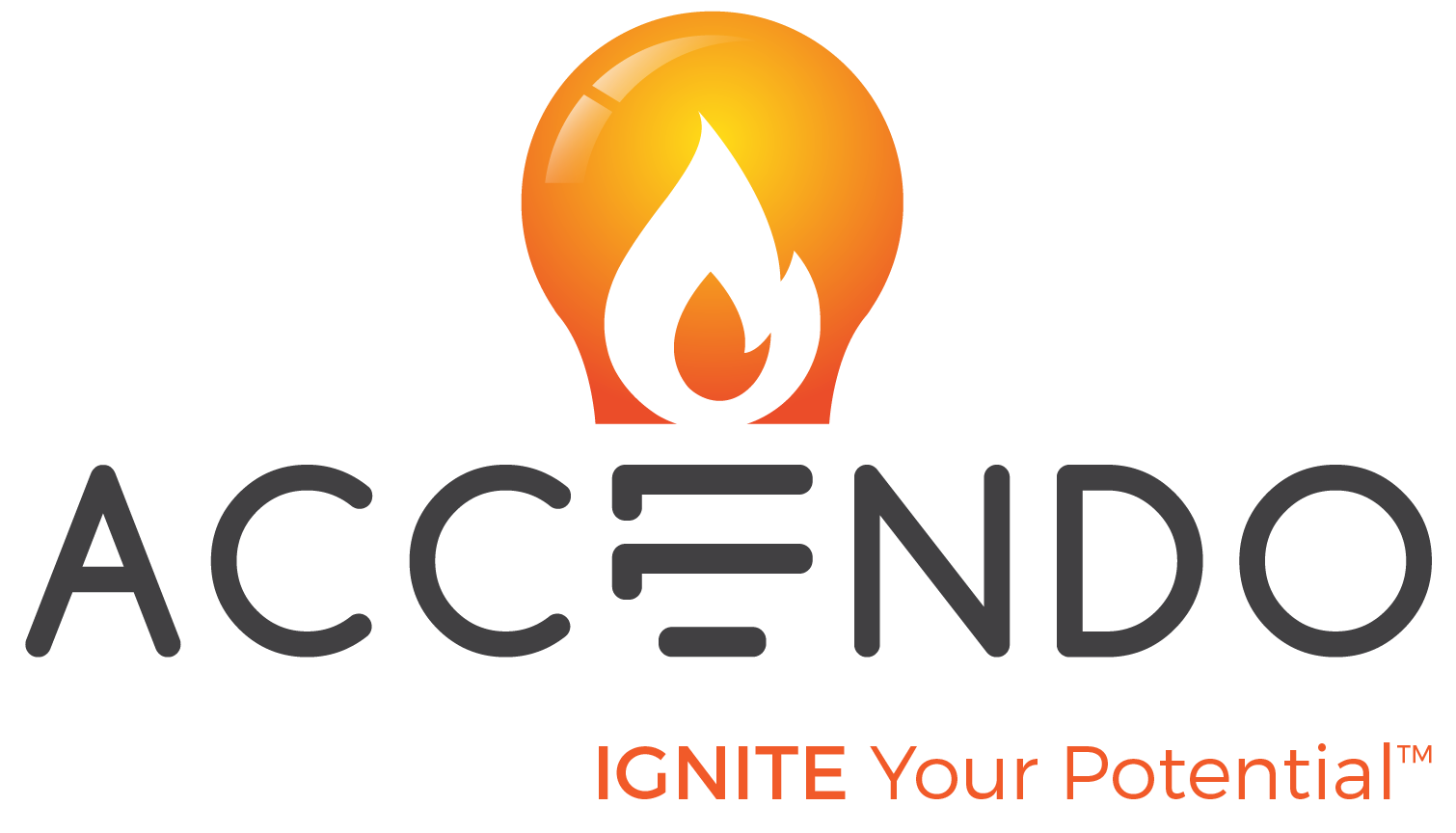They show up to work with the coolest haircut you’ve ever seen, but match them with a pair of flip flops.
They are good at multitasking, but have a short attention span.
They know more about technology than your IT department, but don’t understand a thing about office etiquette.
Call them early adopters, call them style-conscious–Millennials seem to operate on a different bandwidth, one that middle-aged folks can’t seem to understand. If you are under 30, you might have a chance of understanding what it is like to grow up with social networking and easy access to Wi-Fi, but everyone else is a little perplexed.
The good news?
A few experts have tried to figure out how the other generations can work better with Millennials. I attended a panel at South by Southwest in March and listened to two experts, Jeff Fernandez (the founder and CEO of Grovo, a micro-training company) and Ciara Peter (the head of product at BetterWorks, which helps execs set goals). They mentioned some key findings from their own experience working with this younger generation.
1. They respond to “lightweight signals”
I’m starting with one I don’t understand completely myself, because I am not a Millennial. Lightweight signals are indirect inferences; they’re like suggestions or ideas you throw out to see if anyone is interested. These signals are important, though–they are like Twitter posts. Rather than having a 30-minute discussion, you might have a dozen short conversations instead. Peter says it’s a new form of communication.
2. Facilitate, don’t direct
Peter also explained how you have to be a facilitator in the office, not a dictator. She mentioned how you can’t just hand people work and walk away. You always have to explain what to do and how to do it. If you dictate to Millennials, they will probably balk. It’s an old-school model of one person being in charge and handing out tasks instead of having a team work together and agreeing on the tasks.
3. Train them more
Millennials are growing up in a world that is incredibly complex. There are so many innovations, so many inputs, and so many resources that it can be overwhelming. Fernandez says that’s an advantage to working with Millennials, because they are very open to training and learning new skills. He says they have a desire to be lifelong learners, and that can open up some training opportunities.
4. Reinforce the “why”
Millennials always want to know why. Maybe we all do, but this age group tends to be even more aware of the underlying motivators. They’ve grown up with Facebook. They are better at perceiving value and weeding out the superfluous. In your office, you are competing with apps that have an obvious value, so you have to go the extra mile and explain why something is important or why it is even worth doing.
5. Consumerize
Speaking of Facebook: You are also competing with the sleek interface of apps that seem incredibly fun and easy. Millennials are used to figuring something out in about 30 seconds. They play games like Call of Duty that use an amazingly rich interface, so if your project management app is dull as a doorbell, they won’t want to use it. Make it fun.
6. Promote work-life integration
Peter used a phrase that caught me by surprise. She said “work-life balance” is being replaced by “work-life integration.” While I might disagree with the idea (I’m someone who thinks work should end at a certain time of the day), it is a reality for most of us. Millennials will grow up with easy access to phones, tablets, laptops, and every other gadget under the sun. You’ll have to figure out how to make that reality of easy access work in your office and then promote healthy integration after hours.
7. Make it fun
Remember, you are competing with the Xbox. Along with the idea of consumerizing your business process and apps you use to run your business, you will have to make sure you create a fun environment. This is more than just adding a Ping-Pong table, although that can help. It’s all about attitude. Fernandez says he creates a fun place to work. His employees like coming to work. Making the environment fun promotes productivity.
8. Connect them to the mission
You should reinforce the “why” for Millennials, but it goes even deeper than that. They should see how a project or task fits into the mission of the company. They need to see the plan. Both Peter and Fernandez mentioned this idea of being highly missional in a small business. If Millennials don’t understand the big picture of how the company will get from A to B, they won’t help you get there. They will just sit on the sideline.
9. Be super clear about expectations
I’ve had to learn this one myself in working with Millennials. Fernandez said it is incredibly important. You have to be clear about your expectations. And you have to make it a two-way street. When you explain the expectations, you should ask a Millennial what he or she expects from you as well. The reason is that Millennials have a ton of expectations on them already; they are expectation-rich. You have to be clear about yours.
10. Always put things in context
Those expectations and projects you assign should all tie up nicely into a mission, and that’s a key part of working with Millennials. They need the context. Where does this fit in my week and my month? Why is this even important? Contextualizing is something they have learned from an early age, since “meaning” and “purpose” are so important for authenticity. There is so much trivial information and so many optional activities (especially online), they need to know why something matters.
Adapted from an article originally written BY JOHN BRANDON Contributing editor, Inc.com

